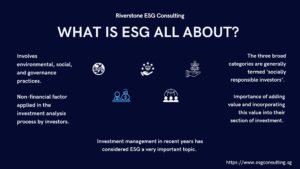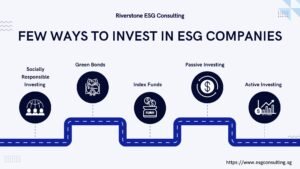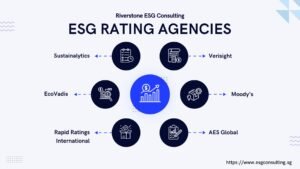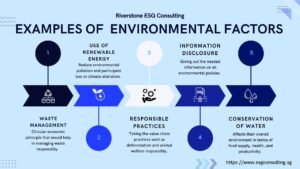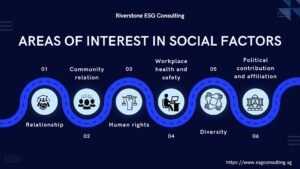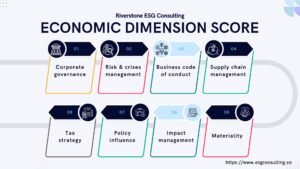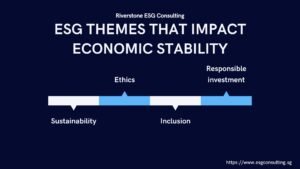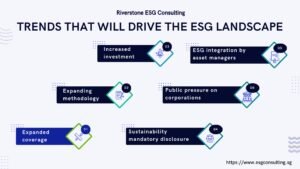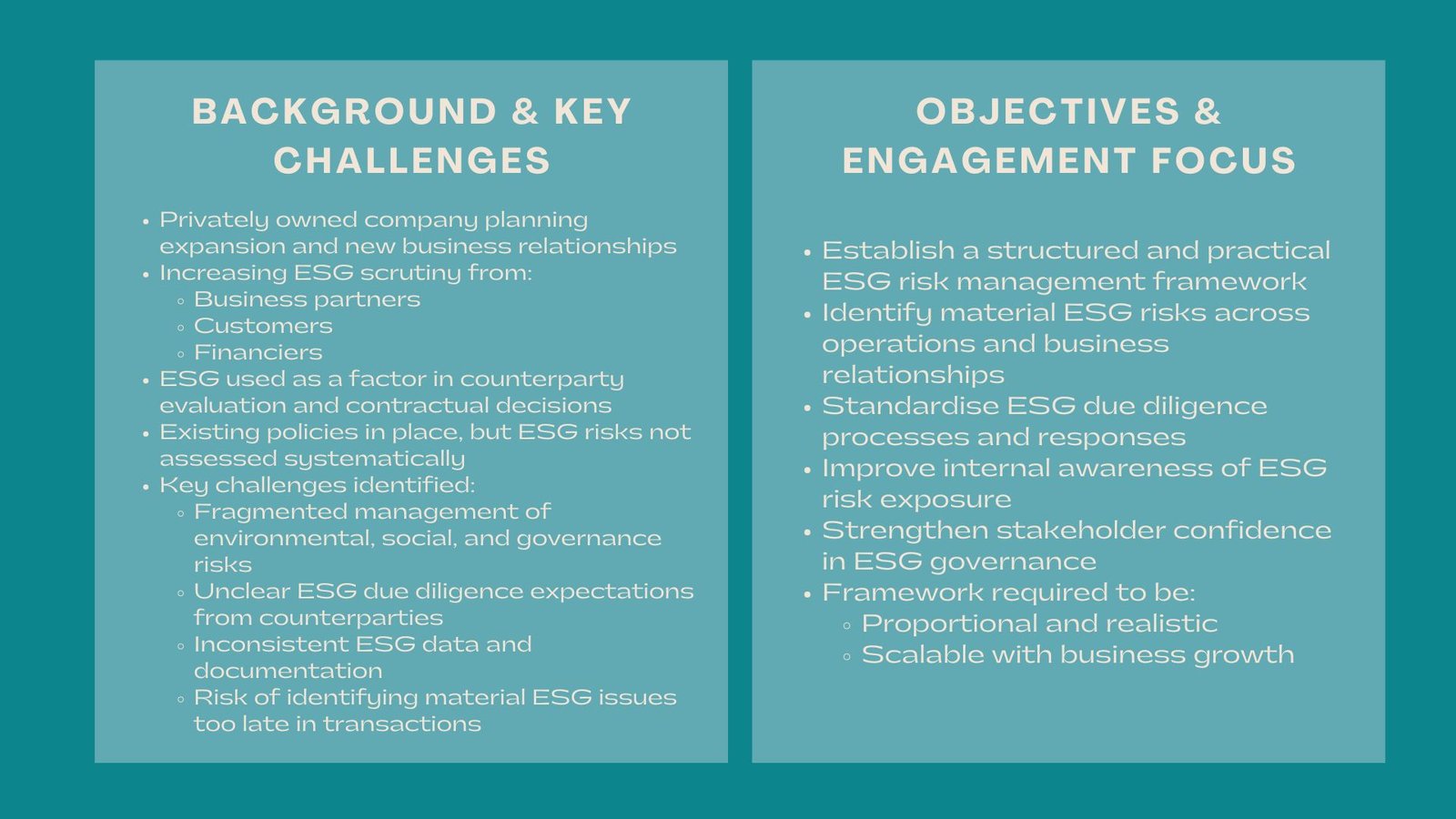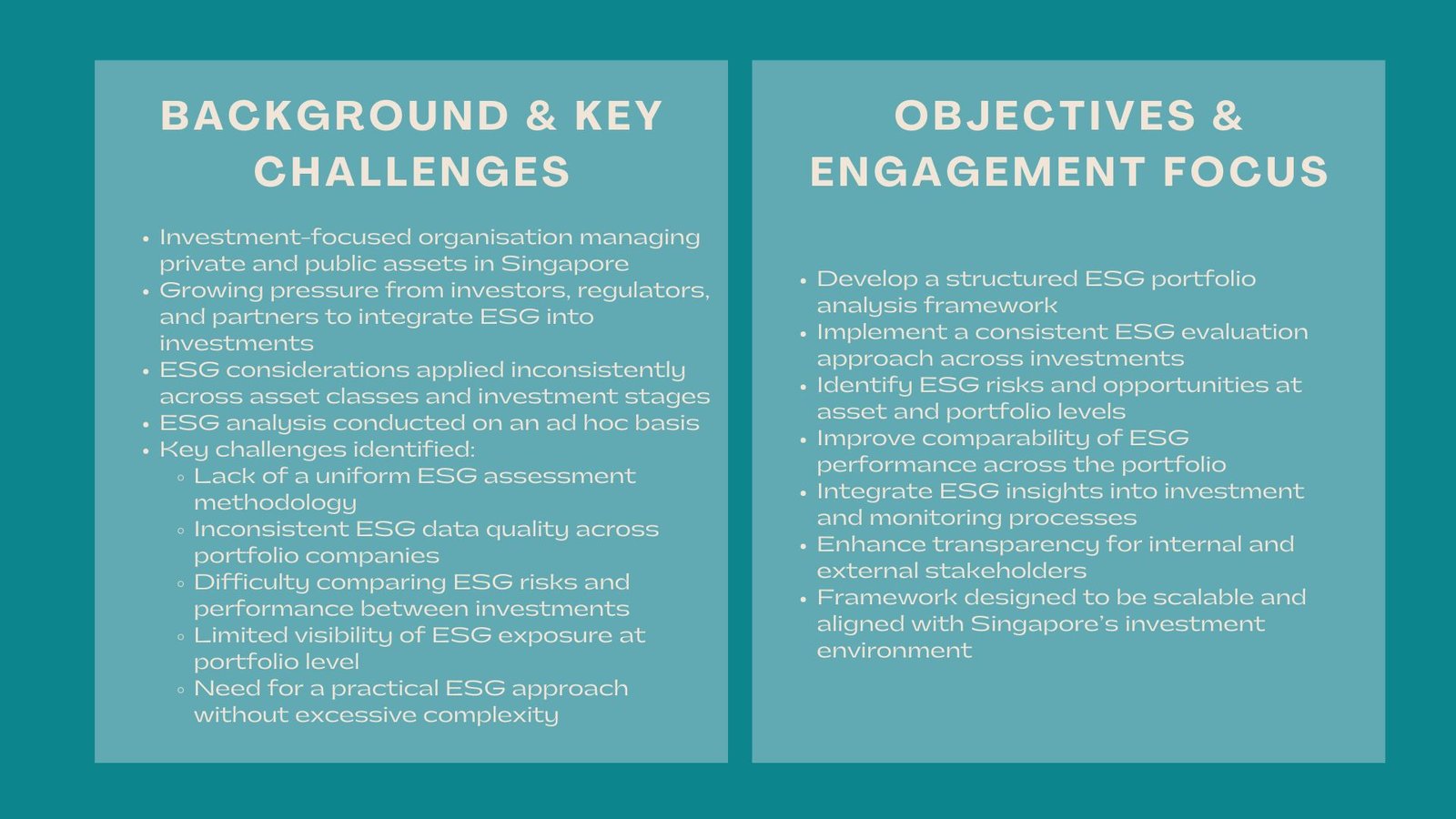ESG Reporting Guidelines from the Indonesia Stock Exchange (IDX)
Introduction to ESG Reporting Guidelines IDX Training Indonesia
Sustainability has turned out to be a characteristic of corporate performance in the globe and Indonesia is not left behind. With the increase in the need to have transparency in the environmental, social, and governance (ESG) practices, listed companies are likely to present credible and comparable disclosures to demonstrate their belief in sustainable growth.
The Indonesia Stock Exchange (IDX) has realized this international trend and proceeded to implement ESG reporting policies to enhance market confidence, encourage responsible investment, and ensure that domestic practices are aligned with the global sustainability standards. These rules are a significant step towards making Indonesia have a transparent, responsible and globally competitive capital market.
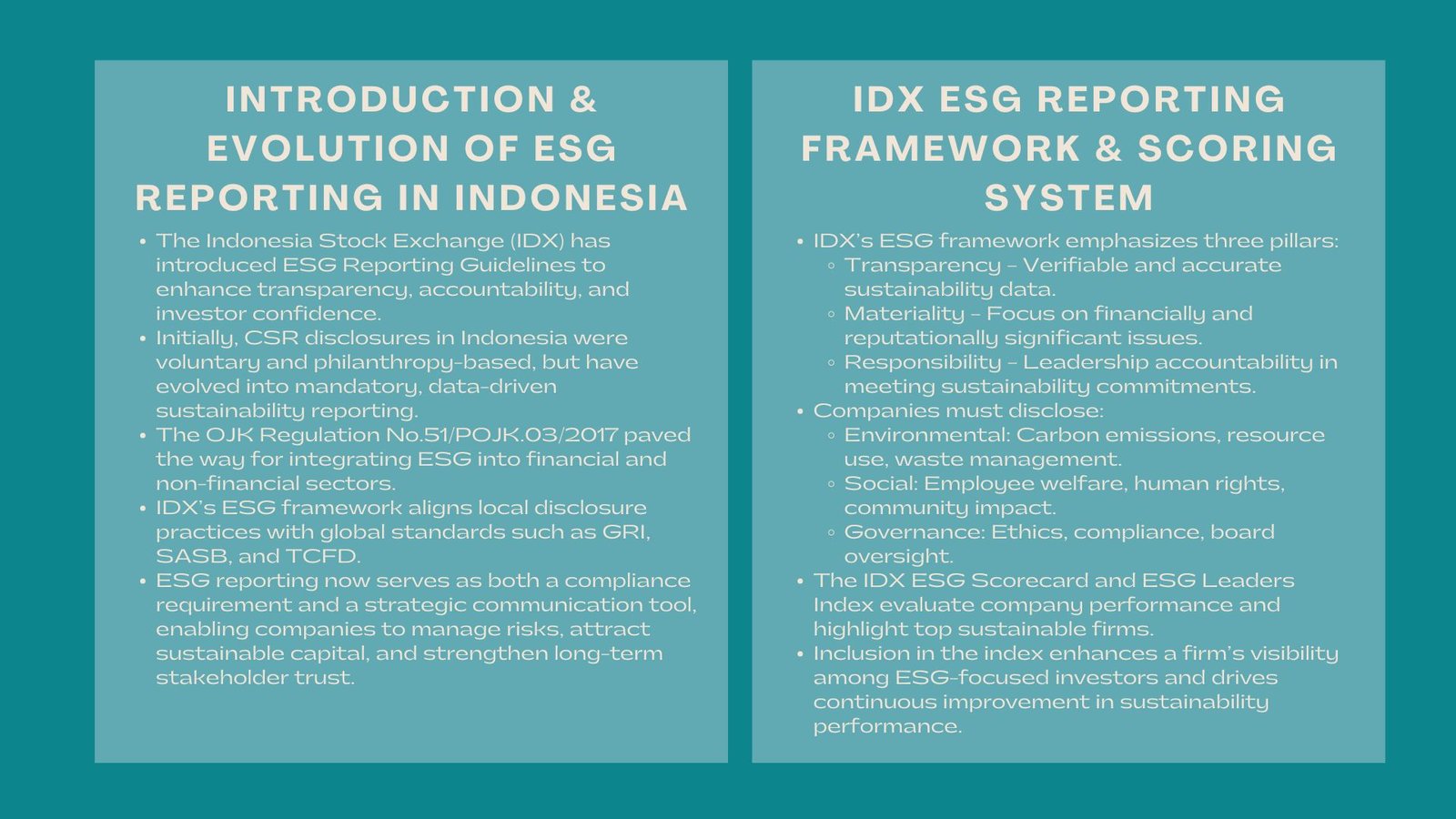
The History of ESG Reporting in Indonesia.
The sustainability reporting framework of Indonesia has developed considerably in the last ten years. At the very beginning, disclosures of corporate social responsibility (CSR) were optional and were mostly involved in philanthropic or community activities. Nevertheless, with the influx of investors considering the ESG considerations into decision-making, the regulatory landscape changed to favour more data-driven, standardized sustainability disclosure.
The Financial Services Authority (OJK) was instrumental in this conversion through the issuance of the Regulation No.51/POJK.03/2017 on Sustainable Finance wherein the financial institutions and listed companies were obliged to prepare annual sustainability reports. The IDX then proceeded with reporting guidelines that were detailed to achieve a consistency and alignment between the regulatory requirement and market expectation.
ESG reporting is a strategic need today, in addition to being a legal requirement, which assists businesses to enhance their image, capitalize on long-term capital and better deal with non-financial risks.
Indonesia Why ESG Reporting is important to Companies.
In the case of listed entities, ESG reporting is also used as a compliance mechanism and a means of communication. It shows the way a firm can act towards risk management, take opportunities and responsibilities towards the sustainable development agenda of Indonesia. Both domestic and international investors are now employing the ESG information to assess the resilience of a business, its business ethics and growth aspects.
In addition, the ESG disclosures assist companies in comparing their sustainability operation, expanding areas, and aligning with the regional and global framework such as the Global Reporting Initiative (GRI), Sustainability Accounting Standards Board (SASB) and the Task Force on Climate-related Financial Disclosures (TCFD).
Through incorporating ESG in the corporate strategy and reporting progress, Indonesian companies can establish more robust relationships with stakeholders and become the responsible business leaders.
IDX’s ESG Reporting Framework
The IDX ESG reporting disclosure requirements for listed companies in Indonesia were developed to bring consistency and clarity to sustainability reporting practices. The framework presents major guidelines, measurement, and reporting frameworks that firms should observe to have meaningful, comparable, and credible disclosures.
In its essence, the IDX ESG framework has three pillars that direct it:
- Transparency: Companies have to disclose verifiable and correct information regarding their ESG practices.
- Materiality: The reports must pay attention to matters that bear a big financial implication or reputing implication.
- Responsibility: Organizational leadership and governance should show how the organization is meeting sustainability commitments
In this framework, the listed companies are urged to either include ESG information into their annual reports or put out a sustainability report. The disclosures should include three major dimensions:
- Environmental performance: Carbon emissions, resource efficiency and waste management.
- Social impact: Diversity, human rights, employee welfare, and community development.
- Organizational culture: Ethics, risk management, compliance, and board governance.
Such requirements make sure that the investors are able to evaluate the financial and non-financial performance of a firm in a systematic transparent way.
Indicators and Scoring System of ESG.
To ensure ESG reporting is more quantitative, the IDX came up with ESG Scorecard- a tool used to assess listed companies in the line of their sustainability reporting and practices. This scorecard evaluates businesses in relation to diverse parameters where they include environmental management, social responsibility, corporate ethics and transparency in governance.
The outcomes of this analysis can be determined through the IDX ESG Leaders Index that presents the most successful sustainable companies on the exchange. Being included in this index indicates to the investors that a firm follows high levels of sustainability hence improving the image and attractiveness to make investment.
Through this index, the companies are not only able to get exposure to ESG-oriented investors but also help their own culture of continuous enhancement and competitiveness in the market.
Compliance and Reporting Standards
The corporate sustainability reporting and ESG compliance standards under IDX guidelines emphasize alignment with both national and global reporting frameworks. The companies are being urged to use internationally accepted methodologies like:
- Global Reporting Initiative (GRI) – To have overall sustainability disclosures.
- Task Force on Climate-related Financial Disclosures (TCFD) – To report the climate risk and the opportunity.
- UN Sustainable Development Goals (SDGs) – To map a corporate contribution to a national and global objective.
Making such alignment, Indonesian companies could guarantee that their reports were good enough to live up to the expectations of the international investors and, at the same time, to remain local.
Moreover, IDX works with OJK and other actors to train and develop capacity-building initiatives to enable issuers to increase their ESG reporting skills. This assistance is used to make sure that even small/middle-sized listed companies are able to uphold disclosure expectations.
Corporate Strategy Integration.
In addition to compliance, the IDX promotes the companies to consider ESG reporting to be a chance to promote the creation of long-term value. Incorporating ESG issues in strategic planning can assist companies in forecasting risks, improving the effectiveness of operations, and detecting new opportunities in the sustainability-oriented markets.
As an example, the environmental policies like energy saving programs and garbage cuts will not only save operational expenses but also enhance brand loyalty. A high level of employee well-being and diversity make through social investments leads to innovation and talent retention, whereas a well-developed system of governance minimizes reputational risks.
The holistic way of thinking is what has made ESG a driver of sustainable business change and not a regulatory liability.
The difficulty of ESG Reporting Implementation.
As ESG reporting continues to pick up, a number of issues exist in regards to the quality and consistency of the disclosures:
- Accuracy and availability of data: A lot of companies do not have standardised systems to gather credible ESG data.
- Weak experience: Smaller issuers might not have professional sustainability teams to deal with reporting needs.
- Variations in materiality evaluation: Varied sectors focus on varying ESG concerns and it is hard to compare them.
- Verification and assurance: This is the independent assurance that is still becoming a best practice in Indonesia.
To address such challenges, IDX and OJK have intensified the use of sustainability consultants, industry associations, and international partners in capacity building, quality of data and advocacy of third party assurance practices.
The benefit of ESG Reporting in Investor attraction.
ESG reporting has had one of the greatest effects on investment flows. Institutional investors and global asset managers are becoming more choosy about which companies they invest in, with an emphasis on those that have a profitable yet responsible portfolio.
Companies complying with the disclosure requirements of ESG of IDX have higher chances of attracting such investors, access to green financing instruments and engage in sustainability-linked loan programmes. Moreover, the availability of ESG indices on the exchange offers companies with valid references of evaluating corporate sustainability performance.
Therefore, great ESG reporting has ceased being an option–it defines competitive edge and increases access to capital and market confidence.
Towards a Sustainable Capital Market.
The Indonesian capital market is gradually transforming in the context of complete integration of sustainability principles. The partnership between OJK, IDX and listed companies indicates a common interest in developing an open and responsible ecosystem. In the long-term, the gradual improvement of the ESG reporting standards will result in a more profound trust in the market and more responsible investors will get lured to the Indonesian financial system.
Moreover, with the current trend of adoption of global frameworks such as the International Sustainability Standards Board (ISSB), it is anticipated that IDX will conform its reporting standards to that of the international frameworks, as this would make Indonesian companies competitive in the global marketplace.
Conclusion
The ESG Reporting Guidelines presented by the Indonesia Stock Exchange will be a significant move toward ensuring that sustainability is the core of corporate governance and financial transparency. Having created a framework of uniform disclosure, IDX inspires a high accountability amongst listed companies and responsible growth.
As ESG reporting will be more data-driven and globally aligned in the coming years, the Indonesian corporations that practice transparency in the current moment will be in a better position to emerge in the sustainable economy of tomorrow. ESG is not simply a pass or fail exercise- it is the basis of long-term value creation, investor confidence and a robust Indonesian capital market.

